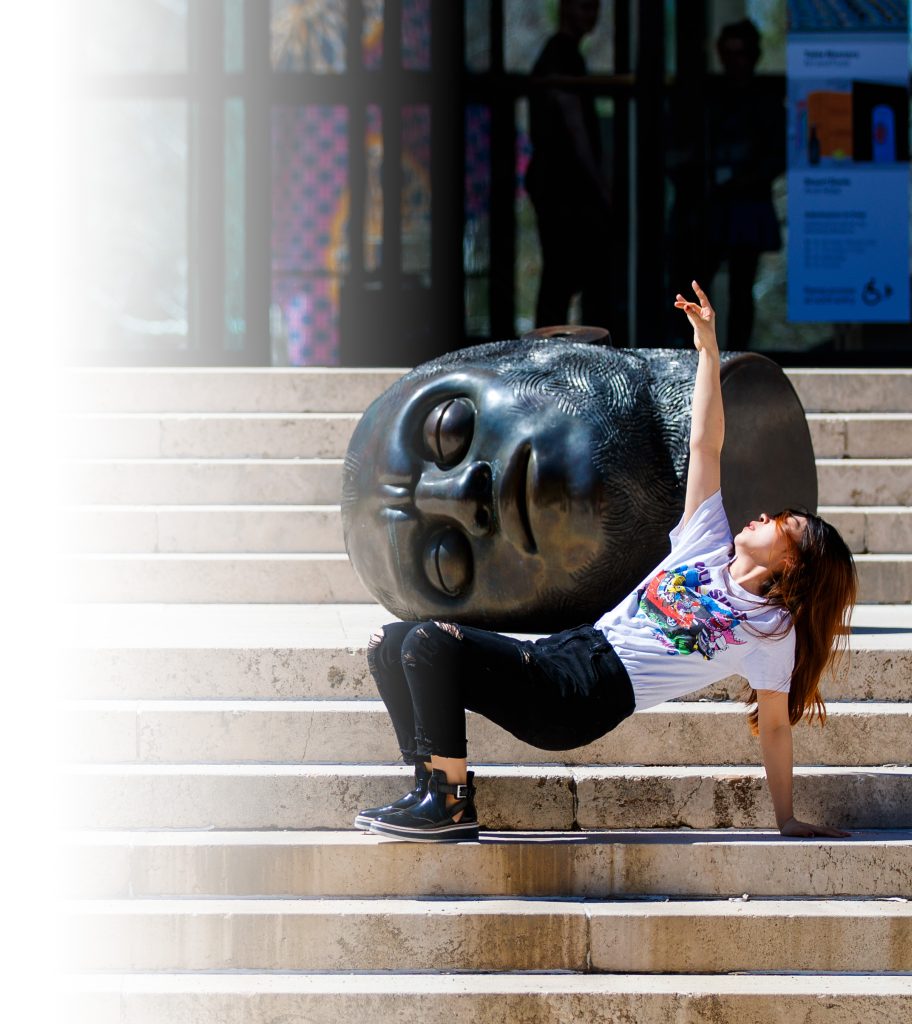There are many ways you can start gaining experience. Click on the buttons below to find out more about each of the options.
Internships/Cooperative Education (Co-Ops)
An internship is work experience that you get within an organization that helps you gain skills and knowledge about a particular field. Unlike full-time jobs, internships typically have a defined start and end date before you begin working. Internships allow you to make professional connections and receive supervision with a professional in the industry you are working in, which makes obtaining an internship a valuable experience to gain before you graduate.
Co-Ops are another great way to gain hands on experience related to your field of interest. Co-Ops allow you to alternate terms between full-time classroom study and full-time, discipline-related employment. For more information about how to obtain a Co-Op experience, check out this resource.
Whether you are applying for an internship or a Co-Op, Handshake is a useful resource to find these experiences. Additionally, if you visit our website and click on Fairs & Events, you’ll be able to find information about our Career Fairs, which is another fantastic way to look for internships and Co-Ops.
One terrific way to start is by applying for a Micro-Internship, through University Career Services. This is a program that all students who engage with WHT, TRiO/SSS, NCPA and OASIS have access to. If you’re not involved in one of these programs, The Forage is another great resource for getting started with a short-term internship experience.
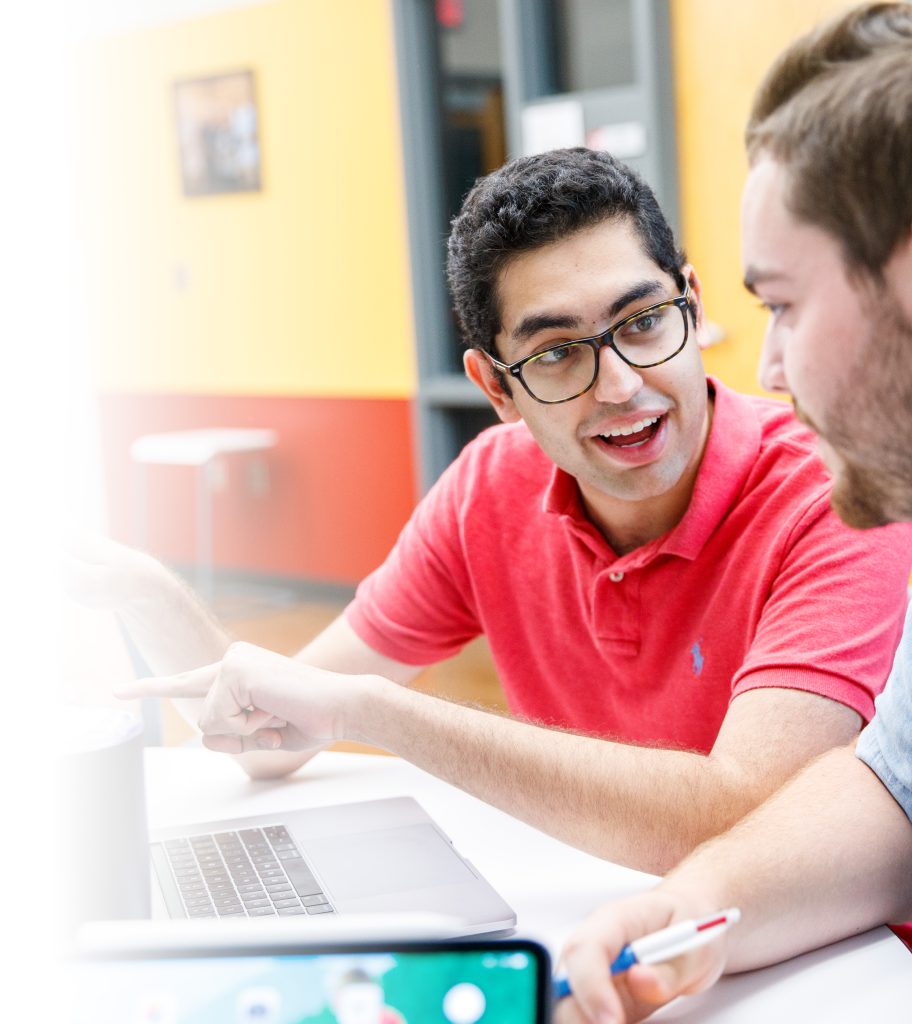
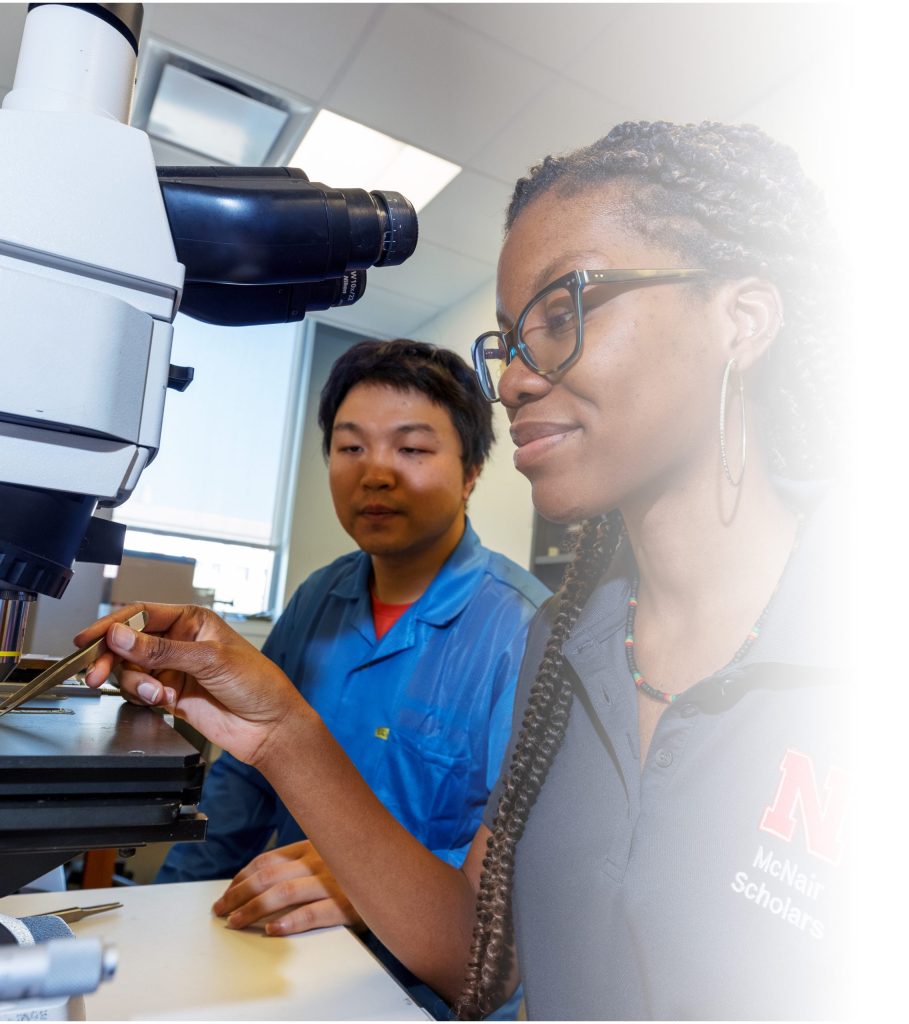
Undergraduate Research/Fieldwork
Gaining experience in research or fieldwork is another important way that you can gain skills in your field of interest. Especially if your major or discipline requires you to engage in research, or if you are considering applying for graduate school, gaining undergraduate research experience will set you up for success. When engaging in research or fieldwork as an undergraduate, you can expect to work closely with a faculty member or graduate student to carry out tasks essential to the research process. Often, once you have gained more experience in the lab, you will gain additional opportunities to perform more advanced tasks for the research. Participating in undergraduate research can allow you to connect with a faculty member, who can then serve as a mentor and informal advisor.
There are many ways to find research experiences at UNL. If you are a first-year student, check out UNL’s FYRE program, which can match you with faculty mentors to learn more about the research or creative activity in your field of interest. UCARE is another program which can help connect you with a research opportunity while also providing you with funding. You can check out all of the undergraduate research options here to see what would fit you.
Volunteering/Shadowing Experience
Volunteering and shadowing are great ways of getting experience and exposure to a field of interest, while also allowing you to serve a cause that is important to you. While these experiences are unpaid, you can often gain valuable skills and professional connections that will prepare you for any career path. For some career interest communities, such as Human Services, Teaching & Training, volunteering can demonstrate your commitment and passion for a particular population or cause, which can be beneficial for job or graduate applications. Additionally, other fields, such as Nursing, may require you to gain shadowing experience before applying for nursing school.
Check out Handshake and use the volunteering filter to find local volunteering opportunities, and review the Student Leadership, Involvement and Community Engagement page to see the many ways you can get involved with volunteering, including Nonprofit in Residence, Engage Lincoln. Both volunteer and shadowing experiences can also be obtained more informally, through asking organizations of interest in the community if they have openings for a volunteer or shadow.
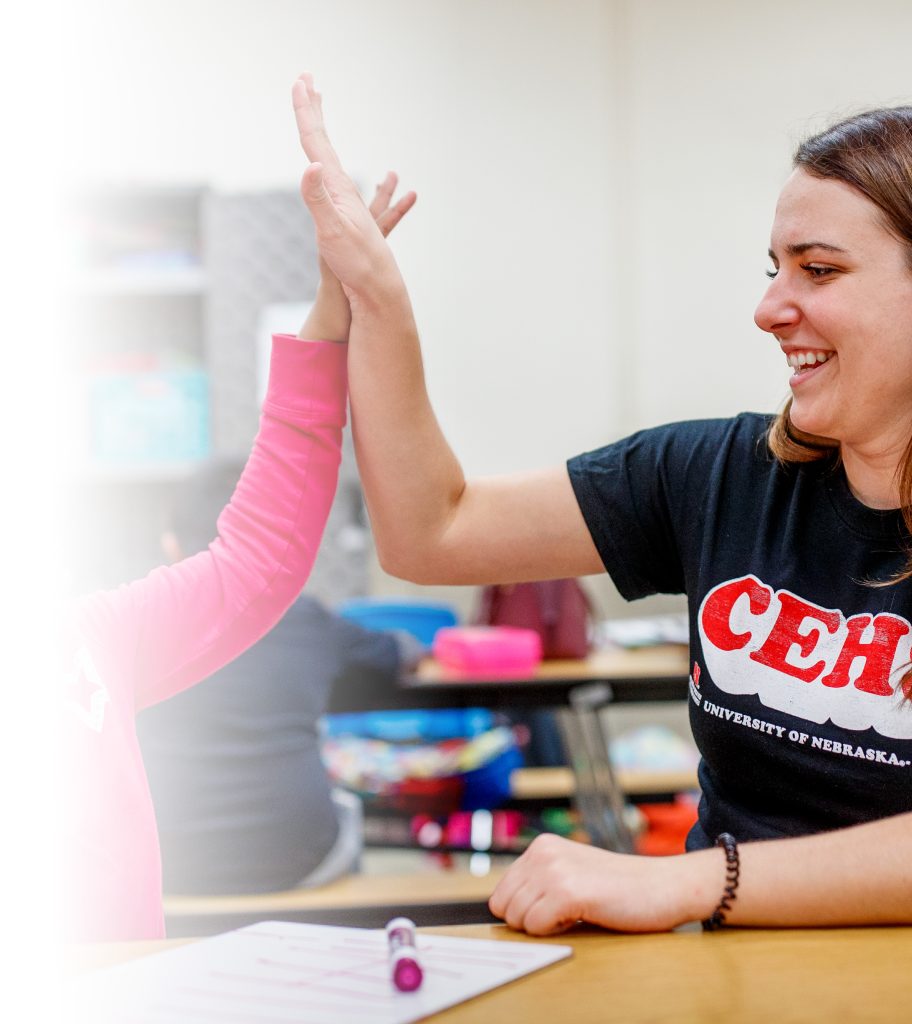
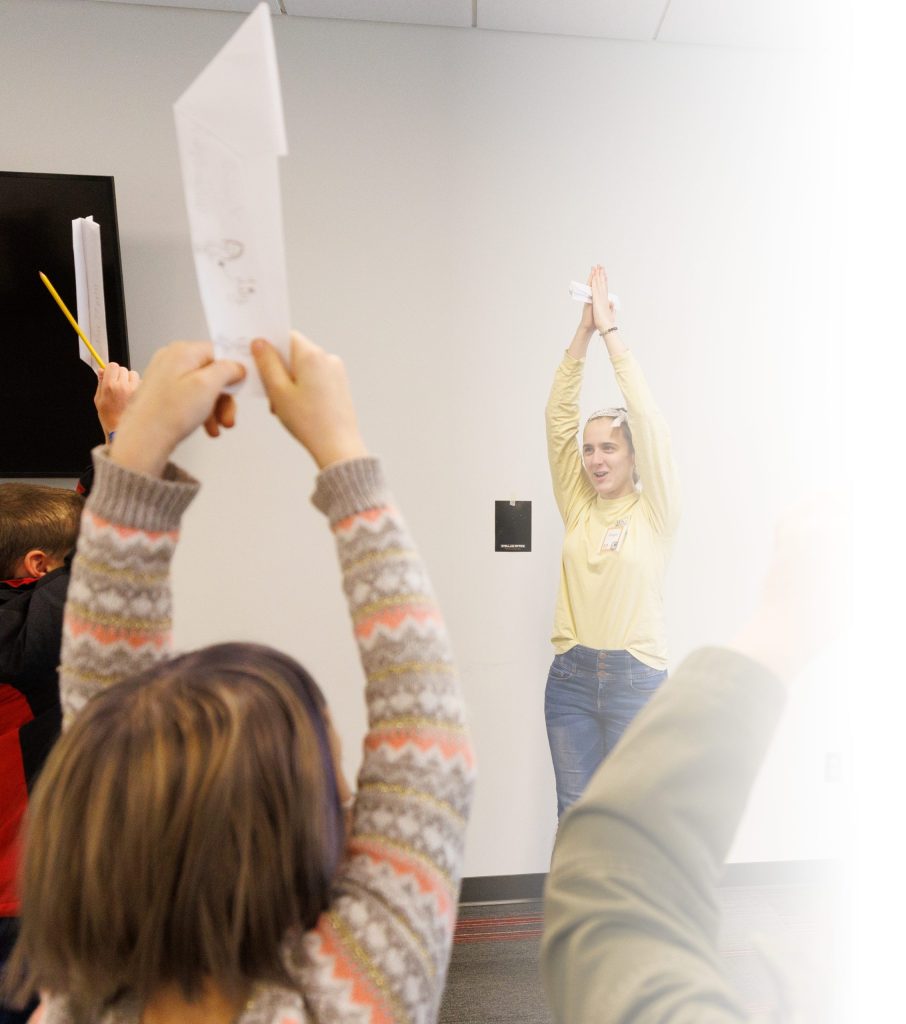
Practicum/Student Teaching Experience
Practicum/student teaching experiences, as an undergraduate, can be both an observational and a hands-on experience. For example, students who major in Education may obtain student teaching experience that allows them to observe a teacher in a local classroom, while also getting the opportunity to gain practical experience, like developing or teaching a lesson plan. Gaining practicum or student teaching experience is valuable, as it allows you to incorporate concepts you have learned in your classes in a real-world setting.
Typically, if a practicum or student teaching experience is required for your field of study, you’ll receive support from your professors or advisors to obtain the necessary experience. The College of Education and Human Sciences offers helpful resources for applying for Student Teaching experiences.
Clinical Experience
Clinical experience typically involves gaining real-world, experiential experience in Career Interest Areas such as Health & Wellness and Human Services, Teaching & Training. Often, these experiences involve patient/client contact and could include observing, practicing, or experiencing clinical work. While there are often limitations on the types of clinical experiences that undergraduates can obtain, due to privacy concerns in many health or mental healthcare facilities, there are still ways to gain this direct experience, such as working as a Certified Nursing Assistant (CNA) or volunteering at a local mental health crisis center. Gaining clinical experience as an undergraduate can prepare you for many jobs where you will work with others in a helping capacity and can be valuable experiences to have when applying for graduate school.
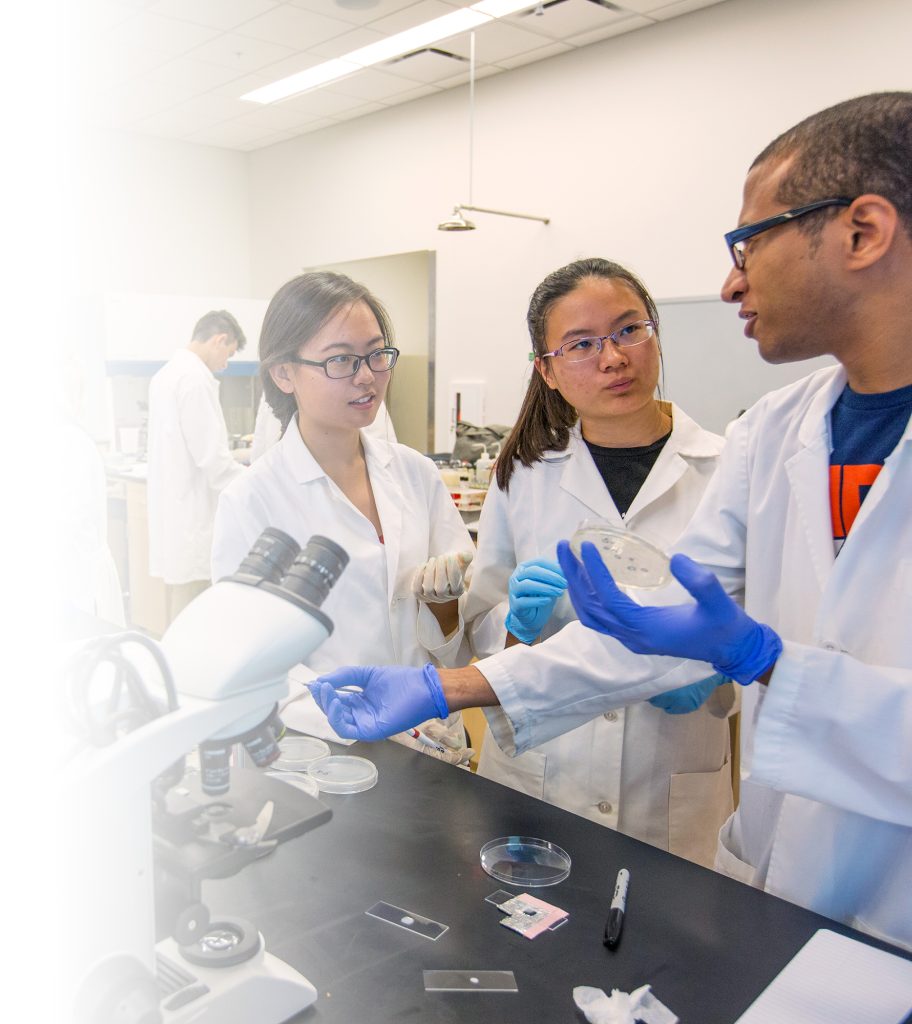
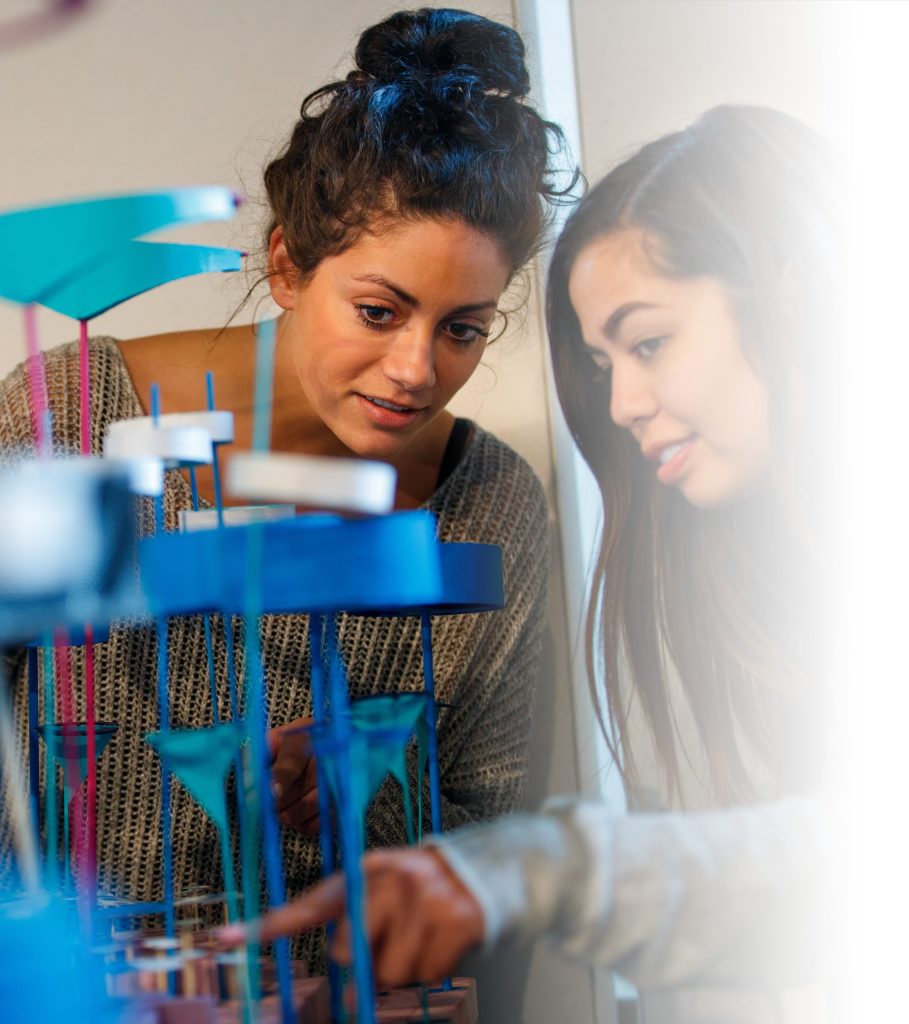
Capstone Courses and Projects
Taking a capstone course or completing a capstone project is an excellent way of applying the knowledge and experiences you have gained to a final application. While these vary significantly based on your major, capstone projects often provide the opportunity to conduct a research or creative project that aligns with your specific career interests. Therefore, capstone courses and projects offer you an opportunity to show future employers and graduate schools all the skills and knowledge you have gained, while applying them to a topic of interest. For more information, check your college or major’s website to see what type of capstone courses or projects they offer.
Education Abroad
Education abroad can include studying, interning, researching, or engaging in service learning in another country. There are many benefits of engaging in education abroad, including getting to experience a different country and culture, gaining learning or professional experiences that may not be available in the U.S., and gaining skills required to acclimate to a new country, like adaptability, flexibility, and cultural awareness. Especially if you are hoping to pursue a field of study that includes international engagement or if you will be working with people with many different cultural backgrounds, gaining education abroad can be an invaluable experience. UNL offers many different types of education abroad experiences, including programs in over 70 countries. To learn more, visit the office of Global Experiences.

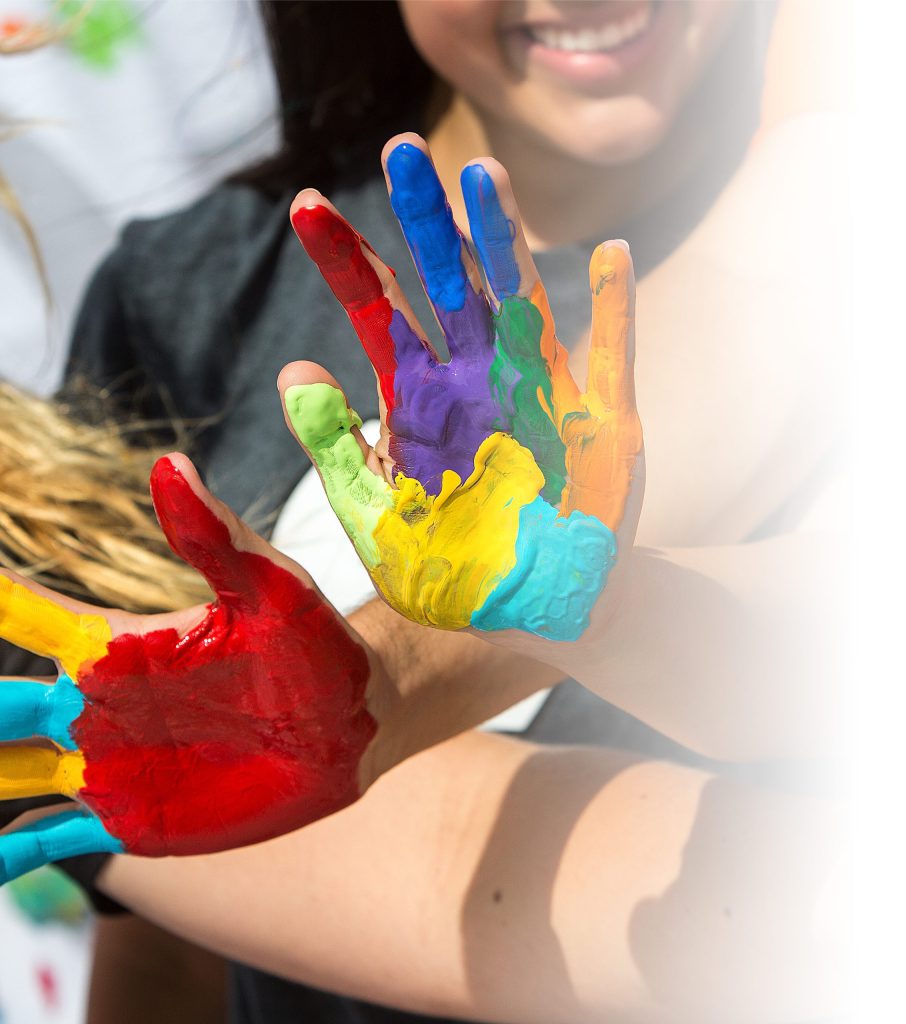
Learning Communities
Learning communities are a group of students with shared academic interests or experiences that can: live together (often in the same floor of a residence hall), learn together through a shared class, connect with upper-class student mentors and faculty with shared interests, engage in professional development activities and participate in community service projects related to your area of interest. Learning communities are available for first year students and upper-class students. Upper-class students can join programs, like Second-Year Edge, where you will connect with students that share your academic interests as you attend unique seminars and participate in out-of-the-classroom experiences. Engaging in a learning community is a great opportunity to dive into your field of study right when you get to UNL while also building relationships with other students who share your academic interests. To learn more about how to join a learning community, visit the Learning Communities website.
Student Organizations and Clubs
Getting involved with student organizations and clubs is another important way that you can build experience. UNL offers more than 570 student organizations, so there is a lot to choose from! These clubs and organizations can focus on academics, leadership, and recreation. When deciding on a club that is right for you, consider choosing an organization that aligns with your interests and values. Joining a student organization can provide you with the opportunity to get involved with professional organizations in your field, as well as take on leadership roles. To explore the student organizations at UNL, check out the NvolveU website.
